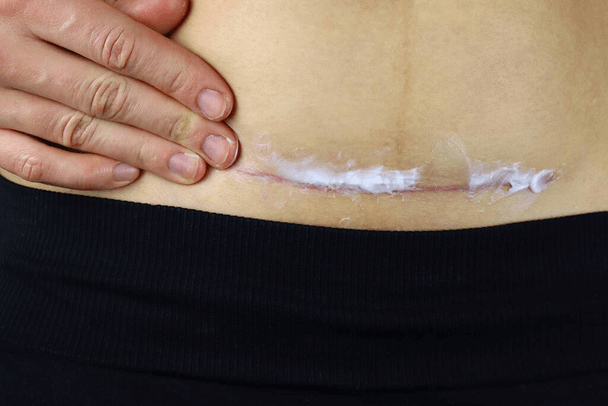14 Things to Know About C-Sections: A Guide for Expecting Mothers

If you’re planning a c-section, whether it’s elective or emergency, understanding what to expect can help you feel more prepared. Here are 14 insights from a mother who has experienced two c-sections:
- Elective C-Section Dates Can Change: Even if you’re scheduled for an elective c-section, emergencies may cause changes to your date. Prepare yourself for possible delays.
- Birth Plan Options: You can still have a birth plan for your c-section. Whether you want specific music, to see your baby being born, or any other preferences, make sure to communicate them with your healthcare team.
- Scar Numbness: It’s common to have a numb feeling around your c-section scar, which might persist for months or even permanently. This is due to nerve damage during surgery, but most women find it manageable.
- Comfortable Clothing: Invest in high-waisted underwear and loose-fitting clothes. Clothing that sits across your incision can cause discomfort, so consider comfort over style.
- Post-Surgery Bowel Movements: The first bowel movement post-surgery can be intimidating. Staying hydrated and eating fiber-rich foods can help ease this process.
- Breastfeeding After C-Section: You can breastfeed immediately after a c-section. Finding a comfortable position may take some practice; lying on your side or using the football hold can reduce strain on your incision.
- Post-Surgery Bleeding: Expect post-partum bleeding (lochia) even after a c-section. This is your body’s way of shedding the uterine lining, similar to a vaginal delivery.
- Blood Thinning Injections: You might need to administer blood-thinning injections post-surgery to prevent blood clots, especially if you’re at a higher risk. It’s an extra precaution to ensure your recovery is smooth.
- Importance of Mobility: Getting up and moving around as soon as you’re able can significantly aid in recovery. However, listen to your body and don’t rush into strenuous activities.
- Avoid Overexertion: While staying active is important, overdoing it can set back your recovery. Take it easy on physical activities and give your body the time it needs to heal.
- Driving Restrictions: Generally, you’re advised not to drive for up to six weeks after a c-section. Ensure you have arrangements in place for transport during this period.
- Recovery is a Journey: Remember that a c-section is major surgery. Comments like “too posh to push” are not helpful and can undermine the significance of your experience. It’s okay to take your time and focus on healing.
- Ask for Help: Don’t hesitate to ask for assistance with chores or baby care. Lean on your support network to help manage daily tasks while you recover.
- Every Birth is Special: No matter how your baby arrives, what matters most is their safe delivery. Celebrate your baby and your strength in bringing them into the world.
Conclusion
A c-section, whether planned or unplanned, involves unique challenges and recovery considerations. Being prepared, knowing what to expect, and seeking support can help make the experience as smooth as possible. Remember, your journey is unique, and there’s no right or wrong way to give birth.






